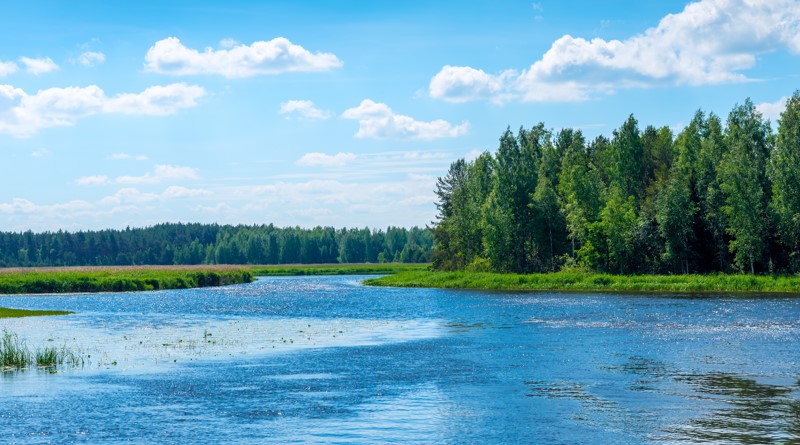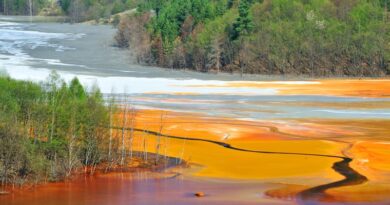US research team develops water-purifying hydrogel tablets

With almost a third of the world’s population without access to clean drinking water, a new water-purifying hydrogel tablet developed by a team of US scientists could be the latest breakthrough in combating global water scarcity.
Scientists and engineers at University of Texas at Austin have created the hydrogel tablet that can rapidly purify contaminated water. One tablet can disinfect a liter of river water and make it suitable for drinking in an hour or less.
The tablet would come in handy in areas with polluted water sources, where traditional methods to purify water like boiling or pasteurizing, are used. These methods use a lot of energy and are tedious and time-consuming. Very often, in remote locations, even these methods are difficult to use.
“Our multifunctional hydrogel can make a big difference in mitigating global water scarcity because it is easy to use, highly efficient and potentially scalable up to mass production,” said Guihua Yu, an associate professor in the Cockrell School of Engineering’s Walker Department of Mechanical Engineering and Texas Materials Institute.
The special hydrogels generate hydrogen peroxide to neutralize bacteria at an efficiency rate of more than 99.999 per cent. The hydrogen peroxide works with activated carbon particles to attack essential cell components of bacteria and disrupt their metabolism.
The process requires zero energy input and doesn’t create harmful byproducts. The hydrogels can easily be removed, and they don’t leave any residue.
In addition to purifying water on their own, the hydrogels could also improve a process that has been around for thousands of years — solar distillation, the use of sunlight to separate water from harmful contaminants via vaporization.
Solar distillation systems often run into issues of biofouling, the accumulation of microorganisms on equipment that causes it to malfunction. The bacteria-killing hydrogels can prevent this from happening.
“A highly vigilant graduate student, Youhong Guo, discovered these hydrogels unexpectedly while doing something else, that is purification of water with sunlight,” said Keith Johnston, a professor in the McKetta Department of Chemical Engineering who co-led the project.
The team is working to improve the hydrogels by increasing the different types of pathogens and viruses in water that they can neutralize. And the team is also in the process of commercializing several prototypes.
Scaling up the hydrogels would be straightforward, the researchers say. Materials for making them are inexpensive, and the synthesis processes are simple and remain that way at large scales. And they can easily control the shape and size of the hydrogels, making them flexible for different types of uses.


